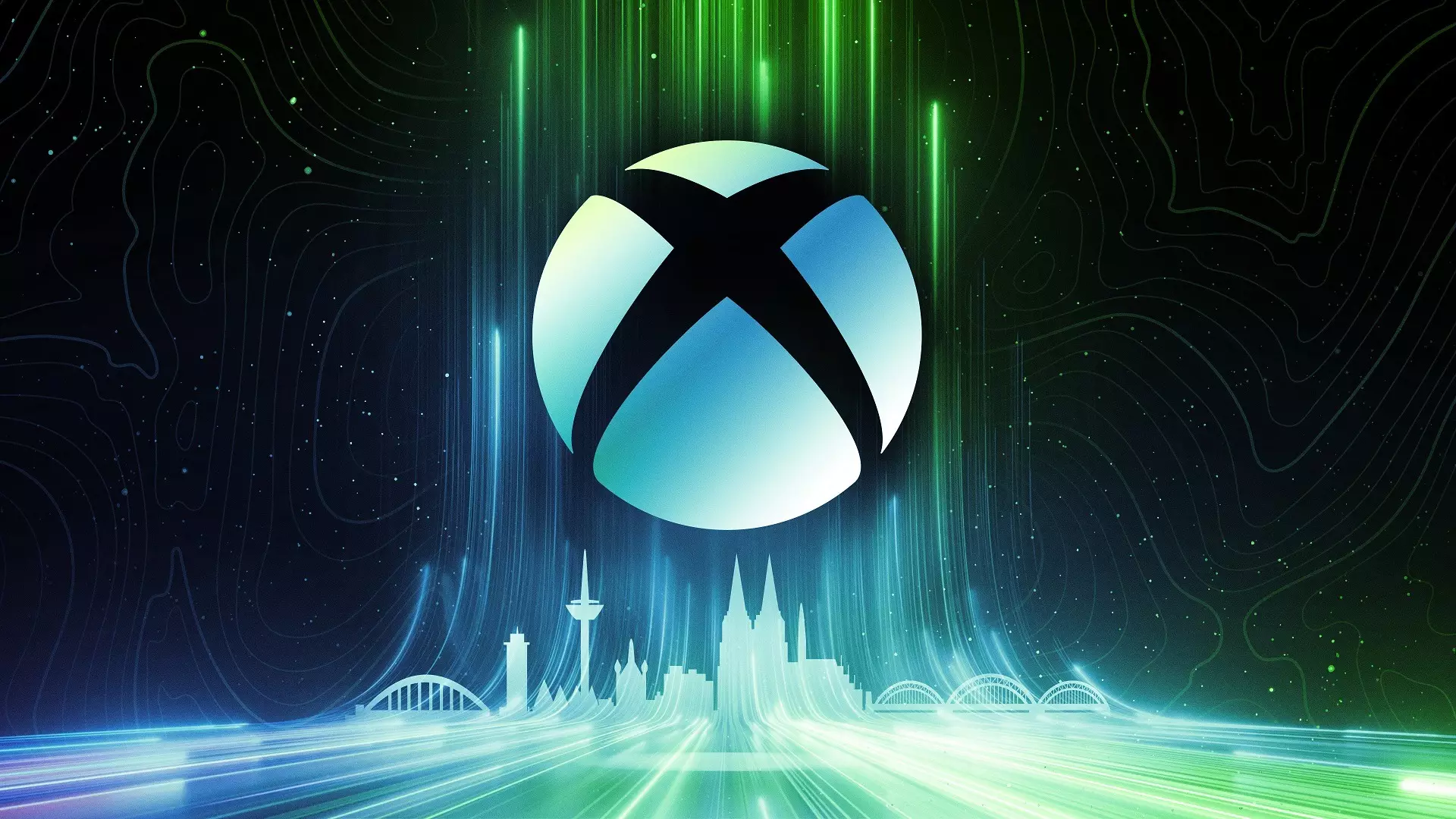For decades, the gaming industry thrived on the allure of exclusives—blockbuster titles designed to lure players into a particular ecosystem. It was a strategic tactic that banked on the idea that owning a specific console was worth the investment because of exclusive games. However, this model is rapidly becoming antiquated. Industry analyst Mat Piscatella highlights a crucial insight: gamers are no longer swayed by exclusivity alone. The once-viable strategy of forcing players to switch consoles for their favorite titles no longer holds weight. Instead, the landscape is shifting toward a content-centric approach where accessibility and ecosystem loyalty are the driving forces.
In this new reality, players are deeply entrenched in their chosen platforms—be it PlayStation, Xbox, or Nintendo—and shifting allegiances for exclusives isn’t as straightforward as it once was. The proliferation of cross-platform functionality, cloud gaming, and game subscriptions has fundamentally changed consumer expectations. Consumers now prioritize playing their favorite titles wherever they are, with minimal friction, rather than chasing exclusivity. As a result, companies that adapt by expanding their reach across platforms are positioning themselves for long-term success.
Correlated Success: The Case of Forza Horizon 5 and Player Preferences
Consider Forza Horizon 5, an influential case study in the power of multi-platform accessibility. Launched in 2021, this racing game became a flagship for Xbox’s multi-platform approach, available via Xbox Game Pass and on multiple consoles, including PC and PlayStation. Despite the fact that Game Pass offers the game at a fraction of its retail price, a staggering 2 million copies were purchased on PS5 within the first month. This indicates a significant segment of players valuing ownership—ready to pay full price rather than subscribing—and underscores that consumers are not solely driven by platform allegiance but by the overall ecosystem and content value.
This demonstrates that widespread availability and flexible purchasing options can lead to increased sales, even among those who use competing platforms. The importance of content being accessible wherever the consumer prefers to play is a clear trend that developers and publishers cannot ignore. It’s a testament to the fact that success no longer hinges solely on platform exclusives but on making content available across diverse ecosystems, maximizing reach and revenue.
Console Ecosystems Are Entrenched—Content Will Win the War
The psychological and social factors influencing gamers are profound. Piscatella emphasizes that consumers are “entrenched” in their consoles, a reality that significantly diminishes the impact of exclusive titles. It’s advisory at this point: companies should focus on content availability rather than exclusivity as a strategy for growth. Why would a player switch consoles when they already have a deep library, friends, and social networks in place? The answer is, they won’t—unless compelling content is delivered to their current system or accessible across platforms.
This shift necessitates a new approach: rather than fighting for exclusive titles, brands should prioritize broad distribution and cross-platform integration. This strategy is evident in Sony’s recent moves, with many of its top-tier titles ported to PC, effectively extending their lifespan and expanding their audience. The resurgence of older titles on sales charts, as Piscatella notes, confirms that content availability on other platforms prolongs a game’s commercial viability.
The Broader Industry Momentum Toward Multiplatform Integration
The industry’s momentum towards multi-platform releases is unmistakable. Electronic Arts transitioned popular franchises like Star Wars and Need for Speed from their proprietary Origin launcher to Steam as early as 2020, recognizing that players prefer the convenience of a unified platform. Similarly, Sony’s strategic release of titles like Lego Horizon Adventures on the Nintendo Switch and its plans to bring upcoming titles like Helldivers II to Xbox underscore a shift in mindset.
This cross-pollination of titles across ecosystems doesn’t diminish brand loyalty but rather broadens it. Consumers who might have previously seen platform loyalty as exclusive are now more open to engaging with titles across different systems, especially if they can do so seamlessly. The industry’s overarching trend is clear: the future belongs to publishers and developers who embrace multi-platform strategies, leveraging access over exclusivity for sustained success.
Ultimately, the industry is witnessing a fundamental transformation. The traditional model of console rivalry plagued by exclusives is giving way to a broader, more inclusive ecosystem-driven approach. Companies that recognize this shift—prioritizing content accessibility, cross-platform releases, and flexible purchasing options—are poised to thrive. The success stories of Forza Horizon 5, Stellar Blade, and early moves by industry giants exemplify that the most valuable commodity today isn’t just the game itself but the ecosystem’s openness and reach. In this new era, content reigns supreme, and loyalty is increasingly driven by accessibility rather than exclusivity.

